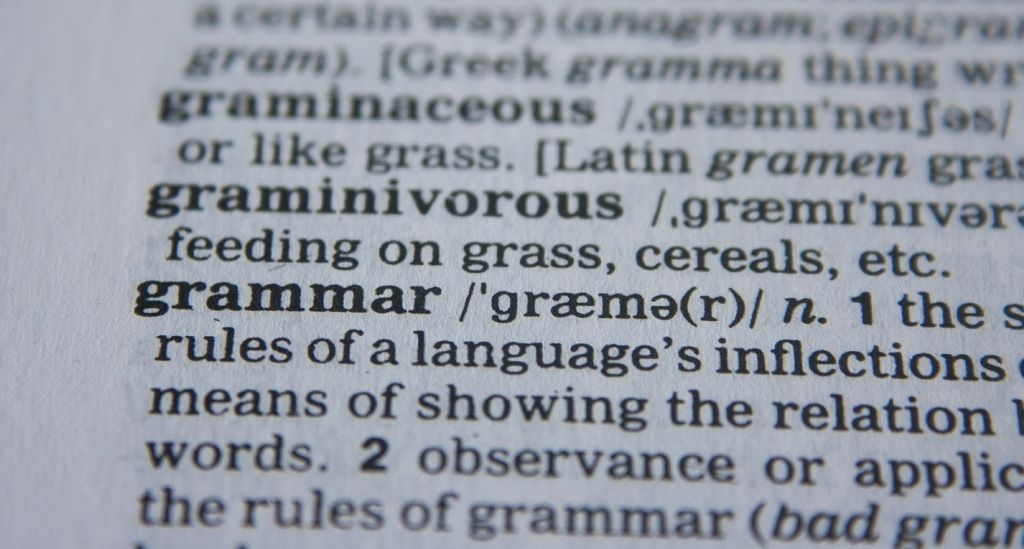Sure, writing is no easy task. I can vouch for that. But even when you think you’ve perfected your sentence, your paragraph, your chapter, or your book, you might have some little buggers that crash the party.
What are these word demons out to destroy your literary works of art and your credibility?
Homophones!
What are homophones?
Homophones are words that sound the same, but are spelled differently and have different meanings.
How are homophones the same?
Homophones are pronounced the same way. For example, to, too, and two.
How are homophones different?
Homophones are spelled different from one another and have different definitions. Take the example above and let’s break it down word for word.
To = a preposition that gives direction
Too = usually can substitute its synonyms of also or as well
Two = a number
There are plenty of homophones you use in daily life and may not even realize it. While listing all of them is much too numerous for this simple blog post, I’ll share the ones that—at one time or another—infiltrated my writing.
Here are the top ten homophones that have tripped me up on occasion when I’m in the thick of my first draft writing brain.
1 – Your vs. You’re
Your = a possessive adjective
You’re = a contraction of you are
2 – Their vs. They’re vs. There
Their = is a possessive pronoun
They’re = is a contraction of they and are
There = is often used as multiple parts of speech, but it’s easiest to remember as the opposite of here
3 – Than vs. Then
Than = a word used for comparison purposes
Then = to indicate time passage
4 – Here vs. Hear
Here = the place you are in now, opposite of there
Hear = is what you do when you listen with your ears
5 – Affect vs. Effect (I’ll admit this one still confuses me!)
Affect = usually when someone is experiencing an emotional result (or change) because of something that came before, most likely a verb
Effect = is the result of an action, the aftermath of a cause, and is usually a noun
But beware! There are some exceptions to these rules.
6 – Buy vs. By vs. Bye
Buy = normally a verb that means to purchase or to believe in something
By = may indication location or authorship or time
Bye = short for goodbye
7 – Fare vs. Fair
Fare = money paid for transportation or seeing how a situation turns out
Fair = pleasant in appearance or impartial in opinion/views
8 – Heard vs. Herd
Heard = the past tense of hear
Herd = a group of similar animals that roam together
9 – Incite vs. Insight
Incite = to provoke thoughts or actions
Insight = to bring intelligence, knowledge, and understanding
10 – Illicit vs. Elicit
Illicit = illegal
Elicit = to bring about emotion, facts
Now that we’ve touched on the topic of homophones—albeit skimmed the surface—you can be that much more vigilant at rooting them out of your beautiful prose.
I could definitely write a separate blog post about each one of the examples given above, but I decided a quick overview would be more prudent here.
Also, there are more homophones we didn’t cover. Many more. And we’ll tackle them in a future post. If you’re interested, of course.
Are you guilty of making homophone faux-pas?
Which ones have you found lurking around in your writing?

